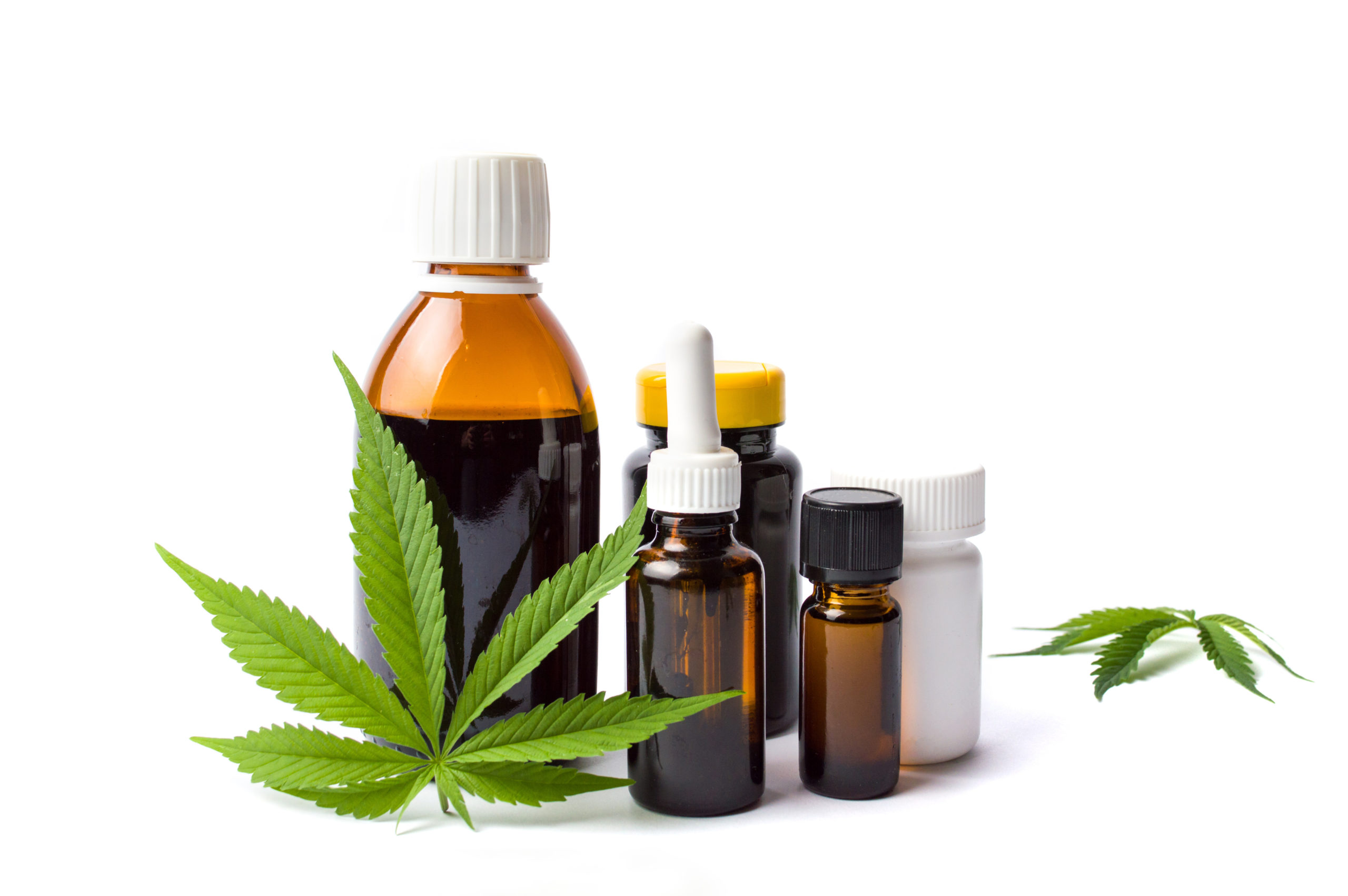Depression has many signs. For some people, it entails sadness that lasts several weeks. For others, it leads to a lack of interest in activities they once enjoyed. It also can create overwhelming feelings of hopelessness. Many people who suffer from depression use medications. But others may seek alternative, natural remedies. Researchers have begun to explore medicinal marijuana as a treatment for depression. Here, we cover the potential of marijuana as a medicinal treatment to manage depression. We also review the benefits and possible effects.
BENEFITS OF MEDICAL MARIJUANA
Medical marijuana poses several benefits. These are not related directly to depression. However, the effects may target potential sources of depression. For example, doctors prescribe medical marijuana to treat and manage chronic pain. Although more research is necessary, numerous people have reported that it reduces pain. Cannabis can help with diseases such as multiple sclerosis and arthritis. Relieving this type of chronic pain may mitigate depression associated with long-term pain. Medical marijuana also may treat anxiety. One of the most prescribed anti-anxiety medications is called benzodiazepine. The drug manages the brain’s neurotransmitter that affects anxiety levels. However, patients who take these medications often build up a tolerance to them. Medical marijuana also affects these neurotransmitter levels. Still, unlike benzodiazepines, people are less likely to build up a tolerance against it. There is often a close correlation between anxiety and depression. Treating one may help with the other. Medical marijuana can potentially lower cortisol levels as well. Cortisol is a hormone that indicates stress. Lowered cortisol can create a dulled reaction to stress. This response isn’t necessarily good or bad, but it could be beneficial in some cases. A reduction in pressure could lead to a mitigation of depression.
TRADITIONAL DEPRESSION TREATMENTS
The method of treatment for depression is unique to the individual. Mild depression usually doesn’t require drugs. It can respond well to psychosocial therapies, such as talking to a therapist. Behavioral or interpersonal therapy is also suitable for people with severe depression. Antidepressants are often only for severe depression. These medications increase serotonin production. However, pharmaceuticals have potential side effects. Commonly reported side effects to include lethargy and a ‘flattening’ of natural mood swings. For this reason, some people have turned to medical marijuana for depression treatment.
MARIJUANA AND DEPRESSION
There is little research to connect medical marijuana to curing or treating depression. However, researchers have shared the possible benefits of using marijuana to treat depression. Cannabis can restore regular endocannabinoid function and mood stabilization. Endocannabinoids are natural chemical compounds that the body produces. They affect motor control, emotions, and behavior. Their chemical makeup is similar to that of cannabis. Chronic stress can decrease the brain’s production of these chemical compounds, leading to depression-like behavior. By regulating endocannabinoids, medical marijuana may alleviate depression. More studies are needed to confirm this possibility. As of now, however, the results are promising.
RISKS AND SIDE EFFECTS
Although side effects with marijuana use are rare, they can occur. The side effects vary on the method of consumption. Cough and throat irritation are the two most reported side effects linked to smoking. More serious (but rare) side effects exist as well. If you are at risk for psychosis, marijuana may trigger schizophrenia or psychosis. Symptoms of these include hallucinations, delusions, and detachment from reality. Overall, the side effects of medical marijuana depend on the method of consumption. You can consume medical marijuana in various forms, including a pill, spray, or patches. Research is ongoing for the efficacy of various methods of consumption.
COPING WITH DEPRESSION
Even without medication or medical marijuana, you can cope with depression.
Cut out extra stressors and give yourself room to breathe.
Structure your day and set specific times to do tasks or events
Join a mental health support group that can offer assistance
Do not isolate yourself; find a support network that can help you when you’re feeling low.
Find new ways to relieve stress, such as walking, yoga, or medication.
Improve your sleep by turning off electronics before bed. Instead, engage in relaxing activities such as reading before going to sleep.
FINAL THOUGHTS
Research for using medical marijuana as a treatment for depression is promising. Only 24 states and Washington DC have approved the use of medical marijuana at this time. However, more states are on the way. Ask your doctor if you’re interested in using medical marijuana for the treatment of depression. They can work with you to find out if this is a good option for you. Together, you can manage your depression and live a healthier, happier life.
MEDICAL MARIJUANA FOR DEPRESSION TREATMENT

+ show Comments
Dr. Jeff Ditzell, D.O. is the lead psychiatrist at Dr. Ditzell Psychiatry with over 25 years experience treating people for Anxiety, Depression, OCD, PTSD, Adult ADHD, Bipolar Disorder, using ketamine treatments, psychotherapy, and so much more.
- Hide Comments
add a comment